New Zealand is a nation rich in cultural heritage, and understanding the Māori language is an essential part of connecting with the land's history and people. For venture capitalists and business leaders, grasping a few basic Māori phrases is more than a gesture of respect—it's a strategic advantage in a country where cultural awareness can foster stronger relationships and open doors. As New Zealand's economy thrives, with the Reserve Bank of New Zealand projecting a 3.2% GDP growth in 2025, integrating cultural knowledge into your business strategy can be a critical differentiator.
Understanding the Importance of Te Reo Māori
Te Reo Māori, the Māori language, is an official language of New Zealand and a cornerstone of its cultural identity. In recent years, there has been a resurgence in its use, supported by government policies and educational initiatives. According to Stats NZ, there has been a 20% increase in Māori language speakers under the age of 15 between 2013 and 2018. This shift indicates a growing appreciation and demand for Te Reo Māori in all societal facets, including business.
Expert Opinion & Thought Leadership
Understanding Māori phrases can be more than just a cultural nicety. For a venture capitalist, it symbolizes a commitment to the community. Rob Campbell, a seasoned New Zealand business leader, emphasizes the significance of cultural respect in business dealings. "Incorporating Te Reo Māori into your business lexicon shows respect and understanding that can build trust and strengthen partnerships," says Campbell.
The 10 Essential Māori Phrases
10 essential Māori phrases that every New Zealander should know — not just to speak, but to live by.
1. Kia ora – Hello / Thank you / Goodbye
One of the most widely used and versatile phrases in Te Reo, kia ora is your all-purpose expression of goodwill. Use it to say hello, express thanks, or offer a warm goodbye. It signals a friendly, inclusive attitude and sets the tone for respectful communication.
🌟 Every time you say “kia ora,” you’re helping normalise Te Reo in everyday life.
2. Tēnā koe – Formal Greeting (One Person)
Tēnā koe is a formal greeting directed to one person, and it's essential for respectful conversations in ceremonial or official settings. Use this when greeting elders, speakers at a hui (gathering), or guests in formal contexts.
🧭 Formality matters — especially when mana (prestige) is involved.
3. Haere mai – Welcome
Whether it’s said at the front door or on a marae, haere mai means "welcome." It’s often used to invite people into a space or community and represents the deep value Māori place on manaakitanga (hospitality).
🏡 Incorporating “haere mai” into public spaces fosters a sense of belonging.
4. Ka pai – Well Done / Good
Ka pai is the Māori way to say “good job” or “all good.” It’s informal, encouraging, and affirming — perfect for classrooms, workplaces, and conversations with whānau.
✨ Positive reinforcement, the Māori way.
5. Aroha mai – Excuse Me / Sorry
Need to apologise? Say aroha mai. It expresses empathy and remorse and is crucial for maintaining harmony and accountability in relationships — whether personal or professional.
🌀 Politeness and emotional intelligence are built into Te Reo.
6. Whānau – Family (and Beyond)
In Māori, whānau refers not only to immediate family but also to extended relationships and community. It reflects an interconnected worldview where people thrive through collective care and support.
👨👩👧👦 Whānau values are increasingly shaping workplace culture and wellbeing policies.
7. Hapū – Sub-Tribe / Kin Group
A hapū is a sub-tribe or extended family group — central to identity, ancestry, and community leadership. Understanding hapū connections is crucial when engaging with Māori communities and their governance structures.
🔍 In iwi consultations, knowing the hapū involved shows cultural competency.
8. Waiata – Song
Waiata are songs that often carry ancestral knowledge, history, and emotion. They’re used in formal ceremonies, farewells, and celebrations — and can be both traditional and contemporary.
🎶 Waiata aren’t just performances — they are vessels of whakapapa (genealogy).
9. Mana – Prestige / Authority
Mana is a deeply layered concept, encompassing status, influence, respect, and personal integrity. In leadership, respecting and protecting mana builds stronger relationships and trust.
🏆 In business and governance, actions that uplift mana lead to long-term success.
10. Mauri – Life Force / Essence
Mauri refers to the life essence that exists in every person, place, and object. When a workplace, environment, or event feels “off,” it may be said to have disturbed mauri. Fostering good mauri can elevate productivity, creativity, and harmony.
🌿 Mauri is now influencing urban design, mental health policy, and even event planning.
🎯 Avoiding the Mistakes Others Already Made
Many well-meaning Kiwis use Māori words without understanding their depth or context. This leads to:
Misuse of terms like whānau in marketing that lacks authenticity
Tokenism in signage or branding
Incorrect pronunciation, unintentionally showing disrespect
Tactical Tips for Authentic Engagement:
Learn pronunciation — even small efforts show respect
Use Māori words where they make sense, not just for trendiness
Support kaupapa Māori (Māori-led initiatives) to deepen understanding
💬 Why This Matters
“Every phrase we speak in Te Reo Māori keeps culture alive. These aren't just words — they're portals into a uniquely Kiwi way of seeing the world.”
— Daniel Chyi, Co-founder of Vidude.com
Whether you're a local business, school, or content creator, using these phrases respectfully can help build stronger, more connected communities — both offline and online.
How It Works: Deep Dive into Cultural Integration
Integrating these phrases into daily business interactions can significantly impact how companies are perceived in New Zealand. Businesses like Air New Zealand have successfully incorporated Māori culture into their brand strategy. Their use of Māori greetings in safety videos and staff training has not only enhanced customer satisfaction but also positioned them as a culturally responsible brand.
Case Study: Air New Zealand's Cultural Integration
Problem: Air New Zealand sought to strengthen its brand identity and customer engagement by integrating Māori culture.
Action: The airline introduced Māori greetings and cultural elements into its safety videos and staff interactions, training employees in basic Te Reo Māori phrases.
Result: This initiative led to a 15% increase in customer satisfaction scores and bolstered the airline’s image as a culturally inclusive and responsible brand.
Takeaway: This case demonstrates the value of cultural integration in enhancing brand perception and customer loyalty.
Common Myths & Mistakes
Myth vs. Reality
- Myth: Māori language is irrelevant to business.
- Reality: Embracing Te Reo Māori can enhance brand loyalty and open new market opportunities. A Deloitte report highlights that businesses engaging with Māori culture see a 20% increase in community support.
Mistakes to Avoid
- Ignoring cultural context: Ensure your translations and use of phrases respect Māori traditions and meanings.
- Tokenism: Avoid superficial use of Māori elements; instead, integrate them meaningfully into your business practices.
- Lack of ongoing engagement: Regularly update cultural training and resources to stay relevant and respectful.
Future Trends & Predictions
By 2030, Te Reo Māori is projected to be a fundamental part of New Zealand's business landscape, supported by educational policies and cultural initiatives. Venture capitalists who integrate cultural literacy into their investment strategies will likely gain a competitive edge. As businesses increasingly prioritize cultural competence, those adept at navigating New Zealand's unique cultural terrain will be better positioned to seize opportunities in a rapidly evolving market.
Conclusion: Final Takeaway & Call to Action
Understanding and using Māori phrases is not just about language—it's about embracing New Zealand's rich cultural tapestry. For venture capitalists and business leaders, this knowledge can forge stronger connections and open new avenues for collaboration. As you navigate New Zealand's dynamic business environment, consider how cultural integration can enhance your strategy and foster long-term success. Ready to deepen your cultural engagement? Start by incorporating these essential Māori phrases into your daily interactions and observe the positive impact on your business relationships.
People Also Ask (FAQ)
- Why is learning Māori phrases important for businesses in New Zealand? Understanding Māori phrases demonstrates respect for cultural heritage and can enhance business relationships and community engagement.
- How does Te Reo Māori impact New Zealand's economy? It strengthens community ties and supports cultural tourism, contributing to economic growth.
- What are the best strategies for learning Māori phrases? Engage with language courses, use language apps, and participate in cultural workshops for immersive learning.
- Who benefits the most from understanding Māori language? Businesses, educators, and community leaders benefit by fostering inclusivity and cultural understanding.
Related Search Queries
- How to learn Māori language for business
- Benefits of integrating Māori culture in business
- New Zealand cultural business practices
- Te Reo Māori language courses
- Impact of Māori culture on New Zealand economy
- Examples of Māori integration in business
- Importance of cultural awareness in business
- Air New Zealand Māori cultural initiatives
- Future of Māori language in business
- How to use Māori phrases respectfully







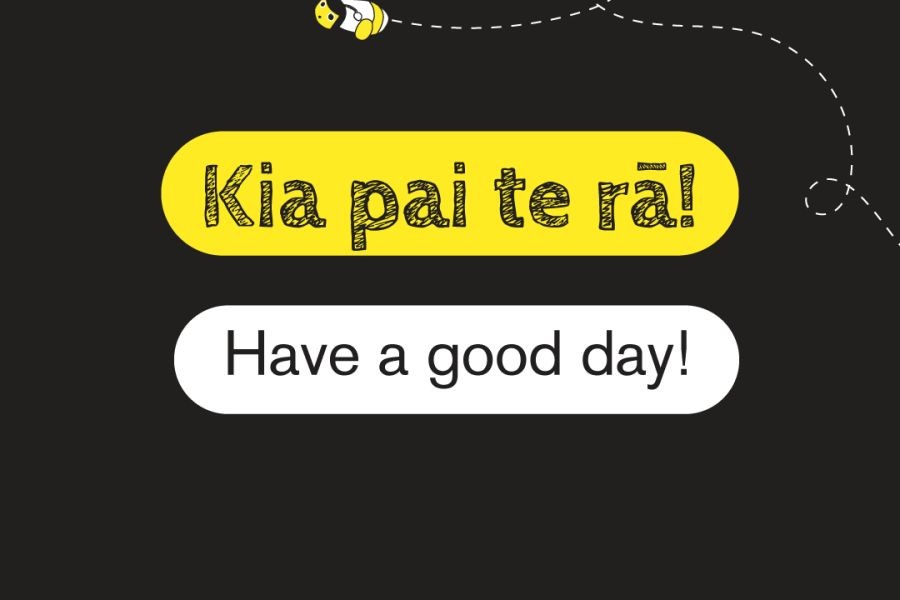

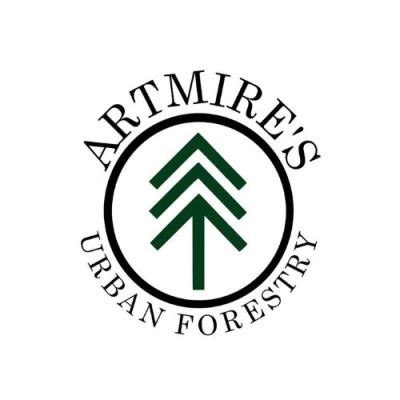






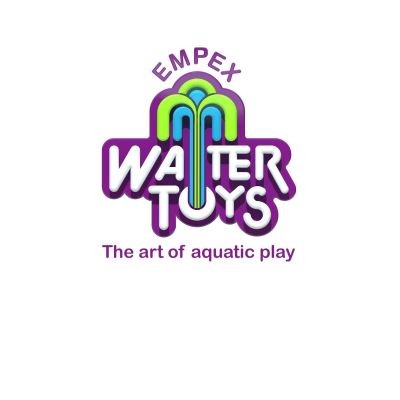









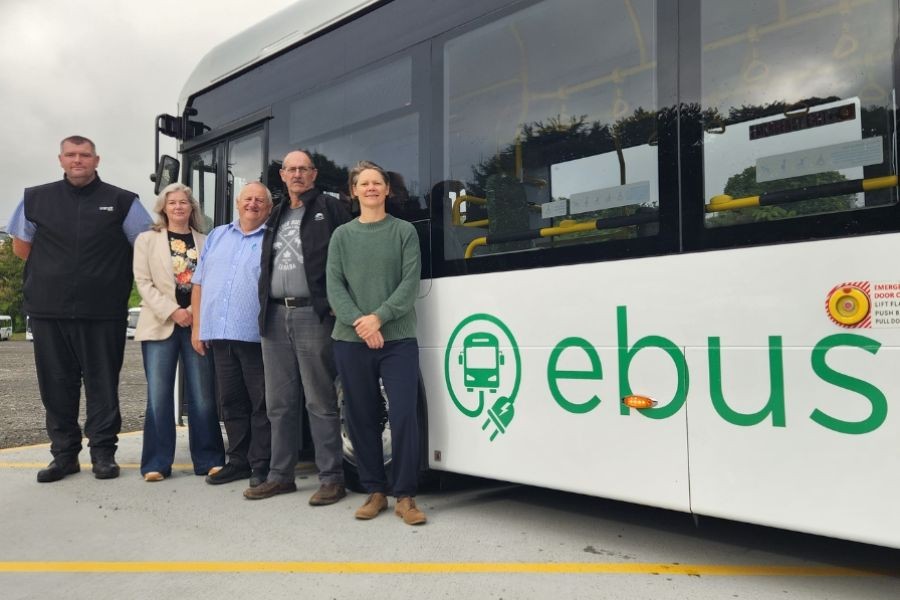

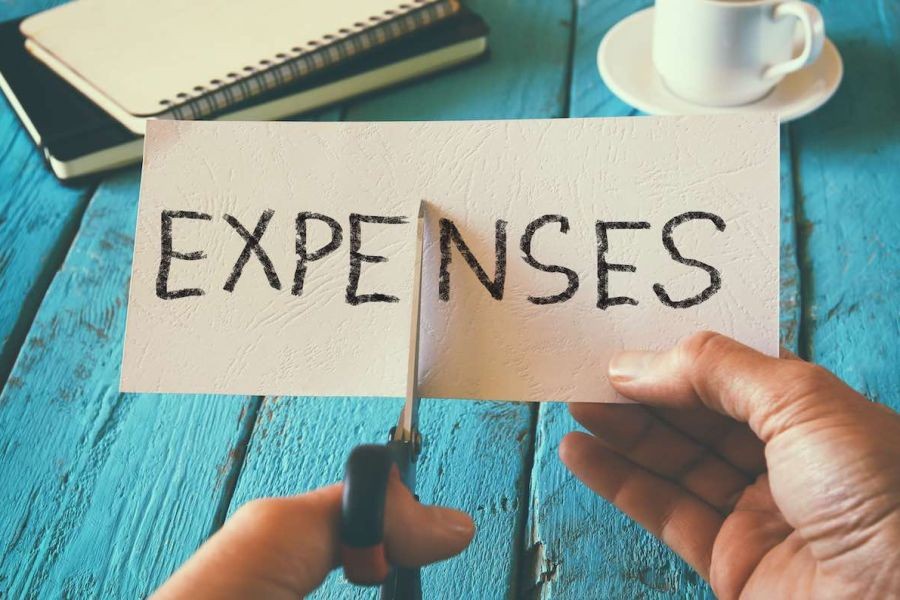













Languvi
14 days ago